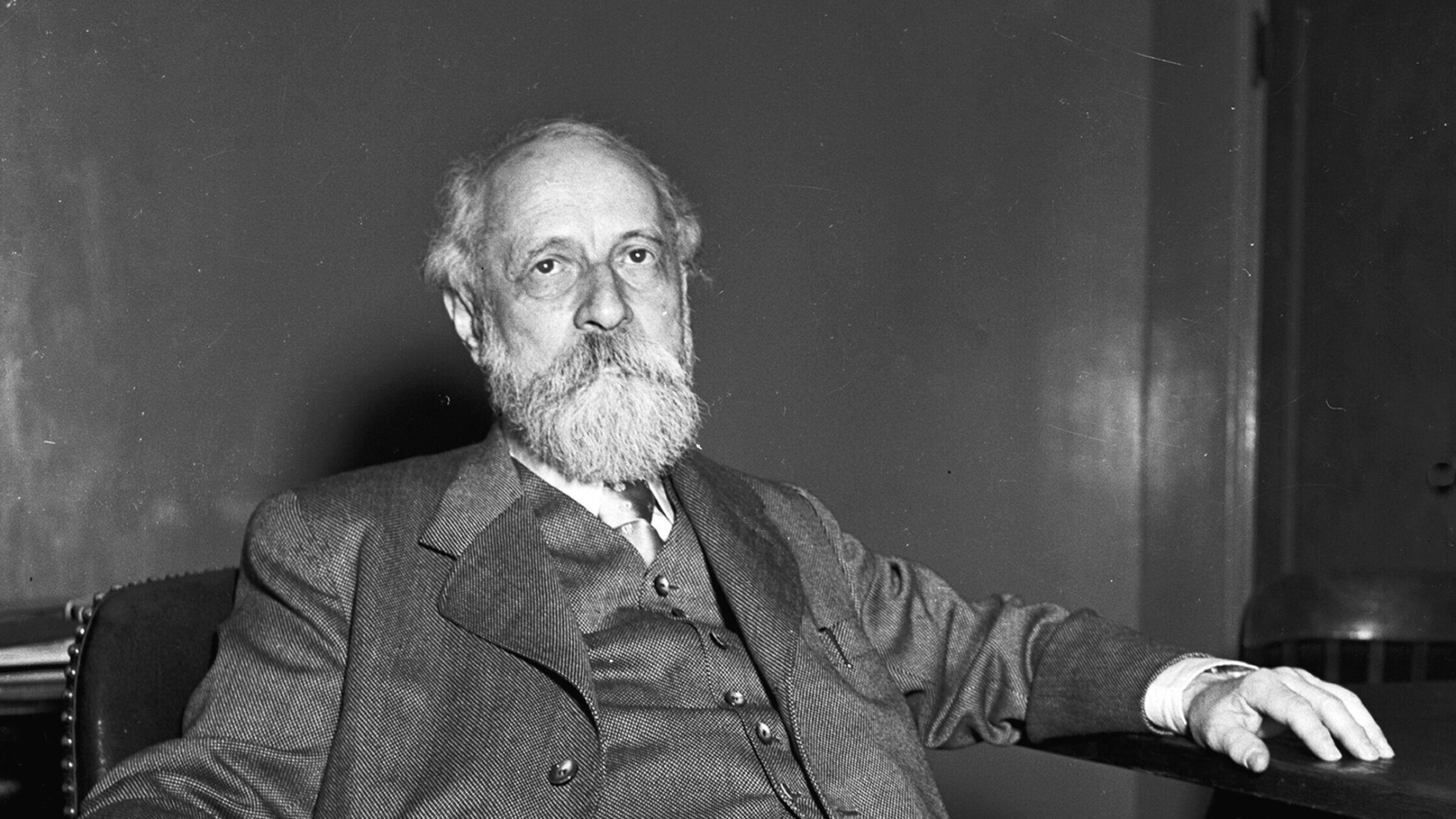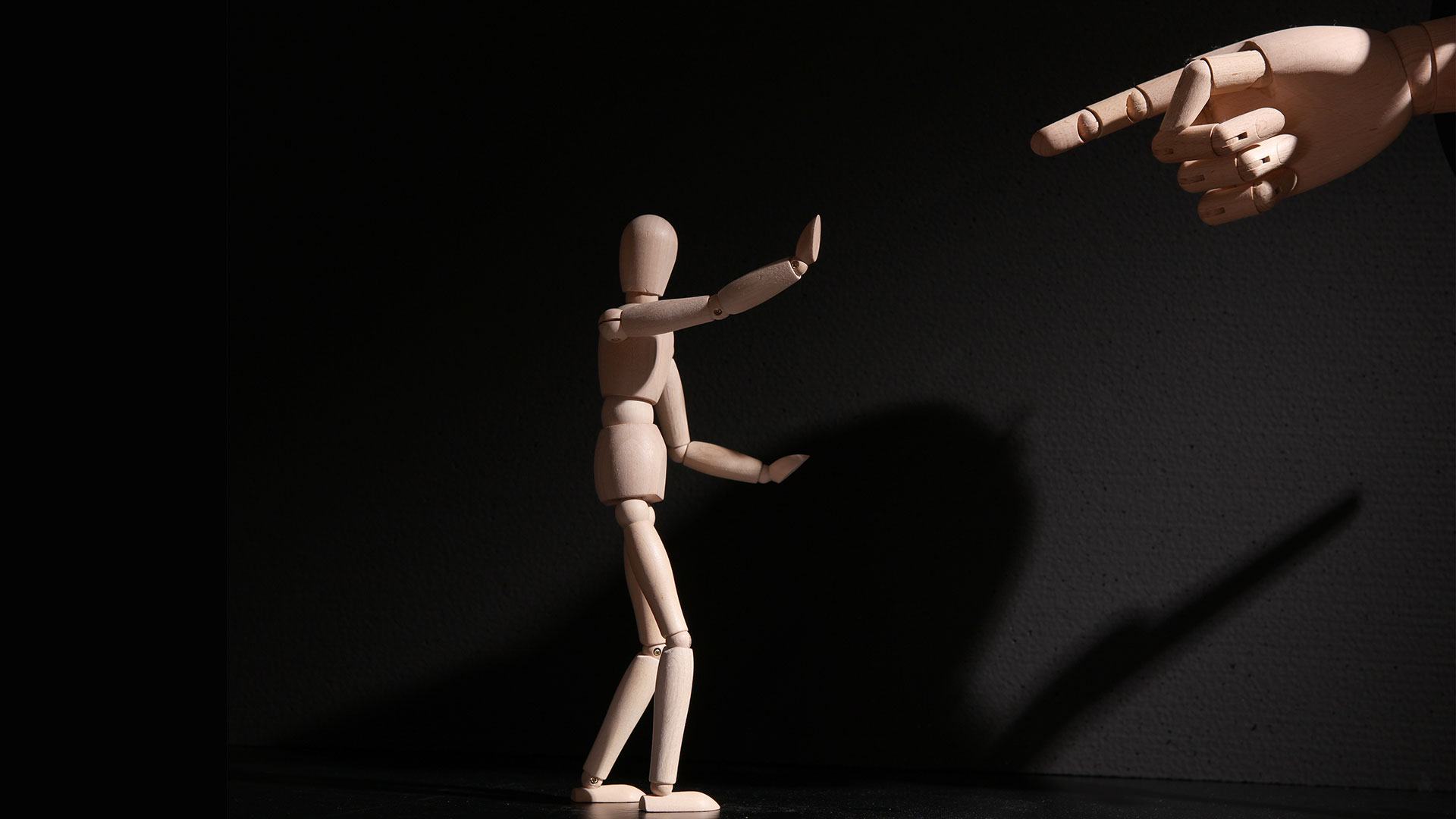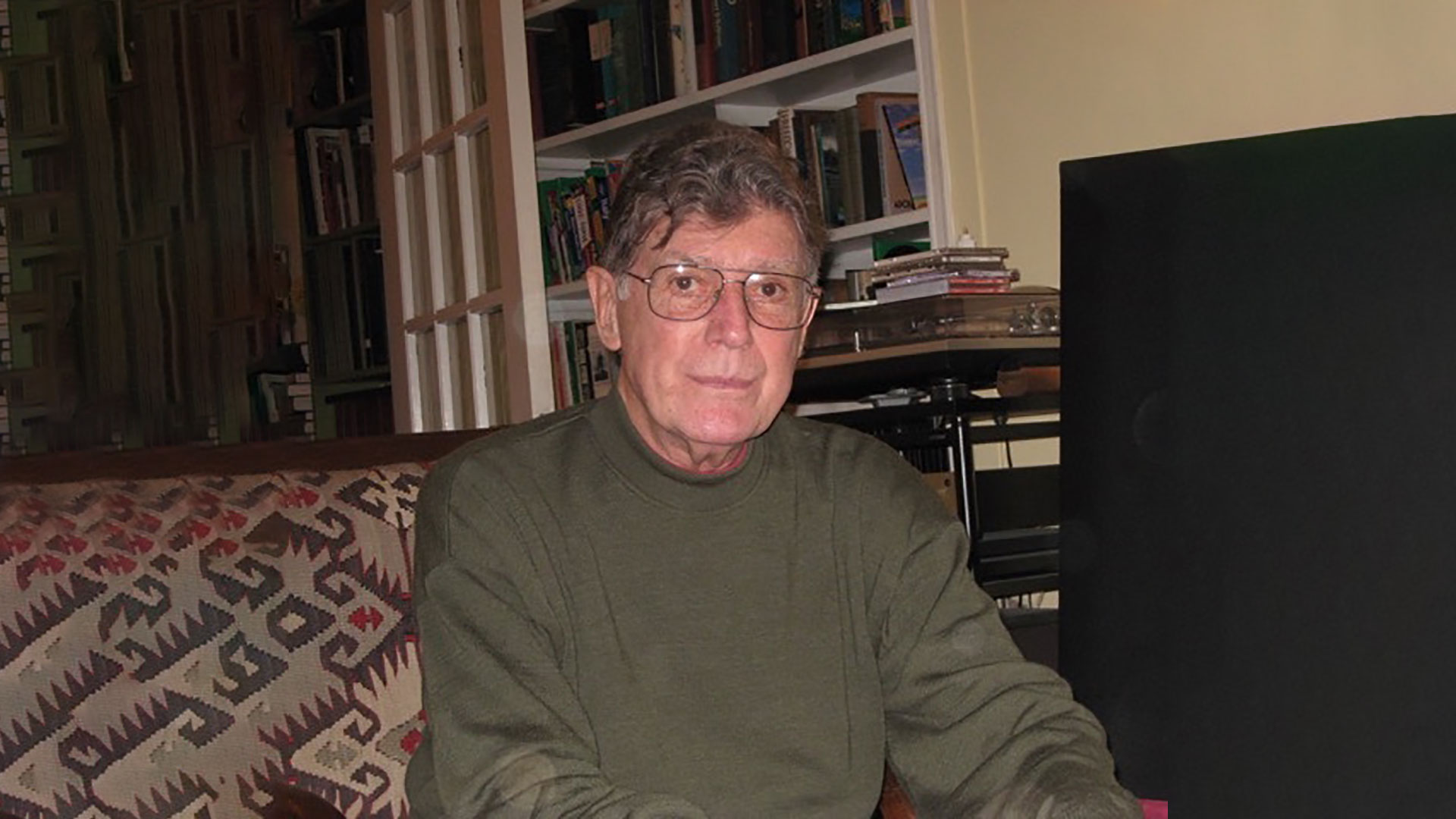
The Field of Supervision
ZoomHow the concepts of “parallel process,” “field forces,” and “reversed roles” are implemented in my supervisory work.

How the concepts of “parallel process,” “field forces,” and “reversed roles” are implemented in my supervisory work.

Today, reference to philosophical aesthetics seems to be taking on an increasingly important role in the theoretical apparatus of Gestalt therapy, including as a contribution to the development of a specific psychopathology or theorization of the therapeutic encounter.

The focus of this workshop will be on writing about the impact of relational therapeutic work on the therapist.

Field perspective is receiving a growing interest in psychotherapy and psychoanalysis, and there are many different ways to understand it. In this meeting, we will share our understanding of field theory in our practice, and how the therapeutic process is a field phenomenon.

In adolescence, anger is associated with particular functional aspects (McConville, 1995). It protects young teenagers who lack the capacity to reconcile contradictory attitudes and beliefs, which may otherwise leave them feeling overwhelmed.

Among the many DEI (diversity, equity, and inclusion) particularities, social class is rarely mentioned, yet it is an essential aspect of who we are in every interaction, including as therapists, and who each client is when they come to therapy seeking relief from their suffering.

In this workshop, I want to explore this very radical notion both theoretically and experientially. I want to highlight both the beauty that we as human beings can bring to the world, and the destructiveness and environmental impact of our sense that the world is our artistic canvas to be remade at will.

This workshop opens the 75th-anniversary year of the New York Institute for Gestalt Therapy. It invites us to pause – not just to reflect on our history, but also to reawaken the very spirit that gave birth to it: the creative aesthetic of contacting, the surprise of the always-new, the call of wonder.

Buber’s critical concept of the “in-between” as the meeting place of the I and the Thou is an essential place from where everything reveals itself or becomes clear to our world of experiences.

We aim to share our work with Gestalt therapists who are confronting the shared realities of working in a field increasingly shaped by authoritarianism, systemic trauma, and collective overwhelm.

This presentation draws from interviews with Kitzler’s former NYIGT students, colleagues, and friends to paint a portrait of his impact on the teaching/learning community that is the New York Institute for Gestalt Therapy.

Through a wealth of audiovisual material, we will immerse ourselves in the zeitgeist of the early 20th century and follow in the footsteps of Fritz Perls, one of the main founders of Gestalt therapy.